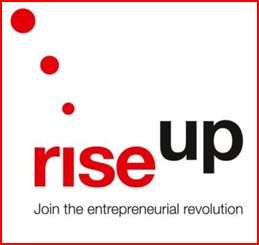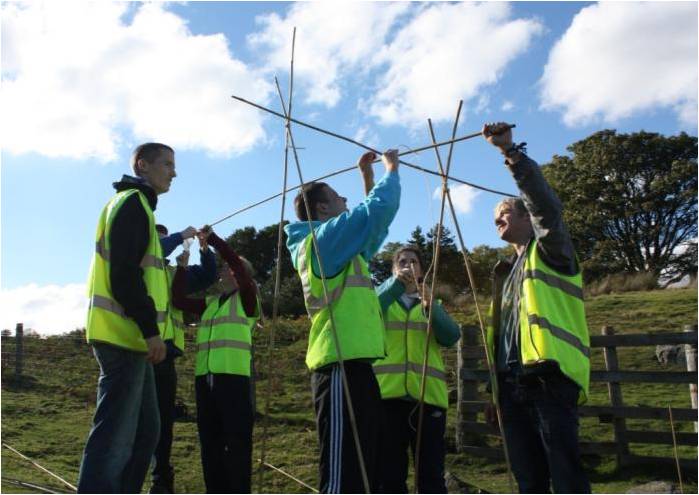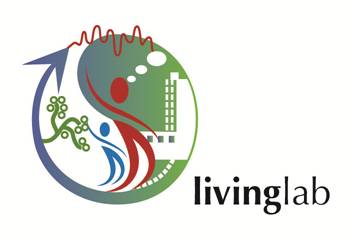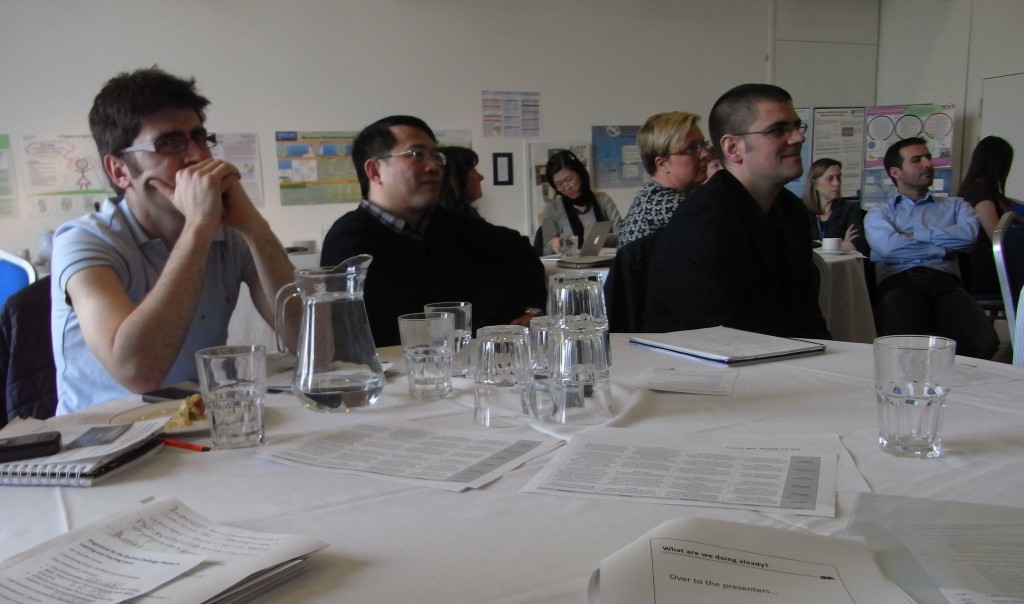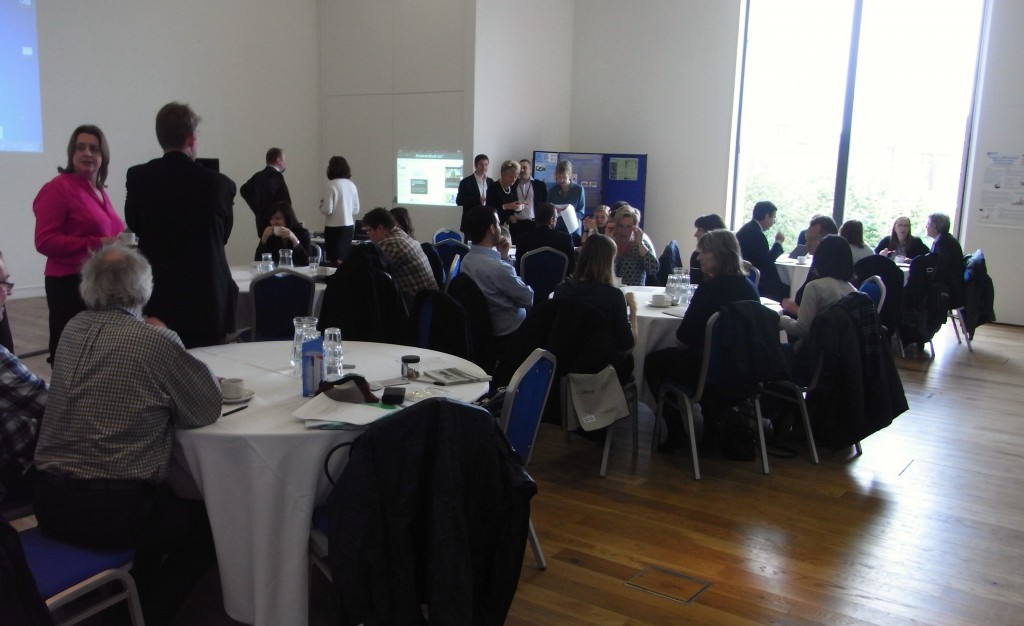Newcastle University is focussing on three Societal Challenge Themes as a response to some of the most pressing needs within society. Our three themes are:
- Ageing. Our Ageing theme is a development of our expertise on the ageing process and the implications for society. We have the largest number of academics working on aspects of ageing in Europe, many based on a purpose-built campus operated in partnership with the NHS Trust.
- Sustainability. Sustainability can be summarised as: ‘enough, for all, forever‘. Drawing on Newcastle University’s world-leading expertise in the fields of natural and urban environments, agriculture, transport, water, energy, marine technology and clean industrial production, the Newcastle Institute for Research on Sustainability has been established to develop innovative solutions to some of the world’s most pressing problems.
- Social Renewal. Newcastle has significant strengths in research relating to how individuals, communities and organisations adapt and thrive in a rapidly changing and challenging environment. We have created the Newcastle Institute for Social Renewal as a hub for research activity which is focused on asking the big questions facing our society.
Significant emphasis has already been placed on the impact of our research on these societal challenges. We are now increasing our focus on how our learning and teaching provision might reflect our commitment to these themes, and providing real opportunities for our students to make a difference to our knowledge and awareness of these global issues.
This blog supports Societal Challenge Themes in learning and teaching by drawing together information and resources including:
Newcastle University staff are welcome to comment on posts and keep discussions going. This is not compulsory – nor is it a substitute for other discussions.
This blog is a work in progress. Planning the launch event has brought a number of examples of practice together and demonstrated that there is already a rich seam of such projects across the University. That said, planning the event also demonstrated the amount of innovative and effective practice that has not yet had the spotlight it deserves. This blog is an attempt to bring these examples together, and to see how they develop.


